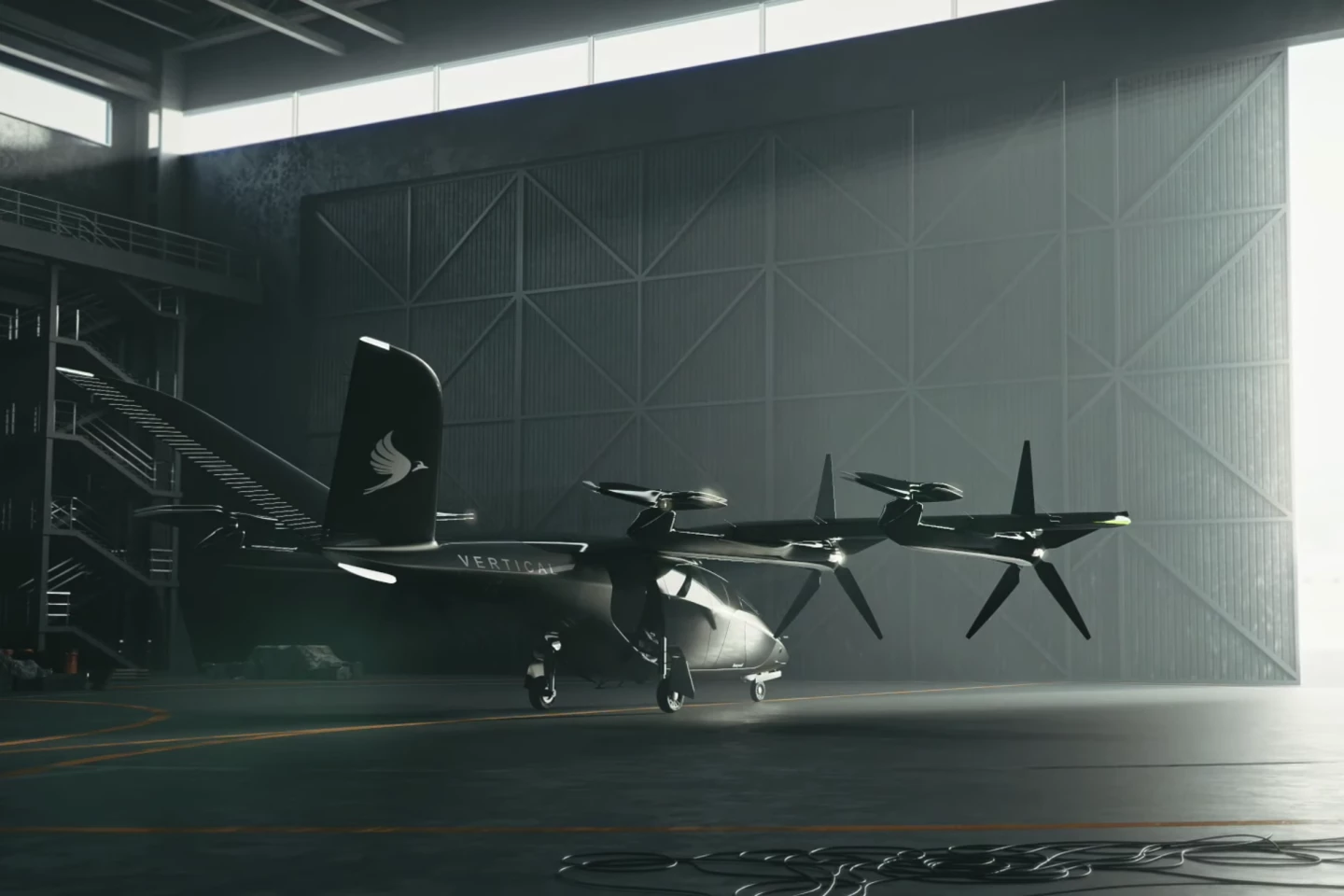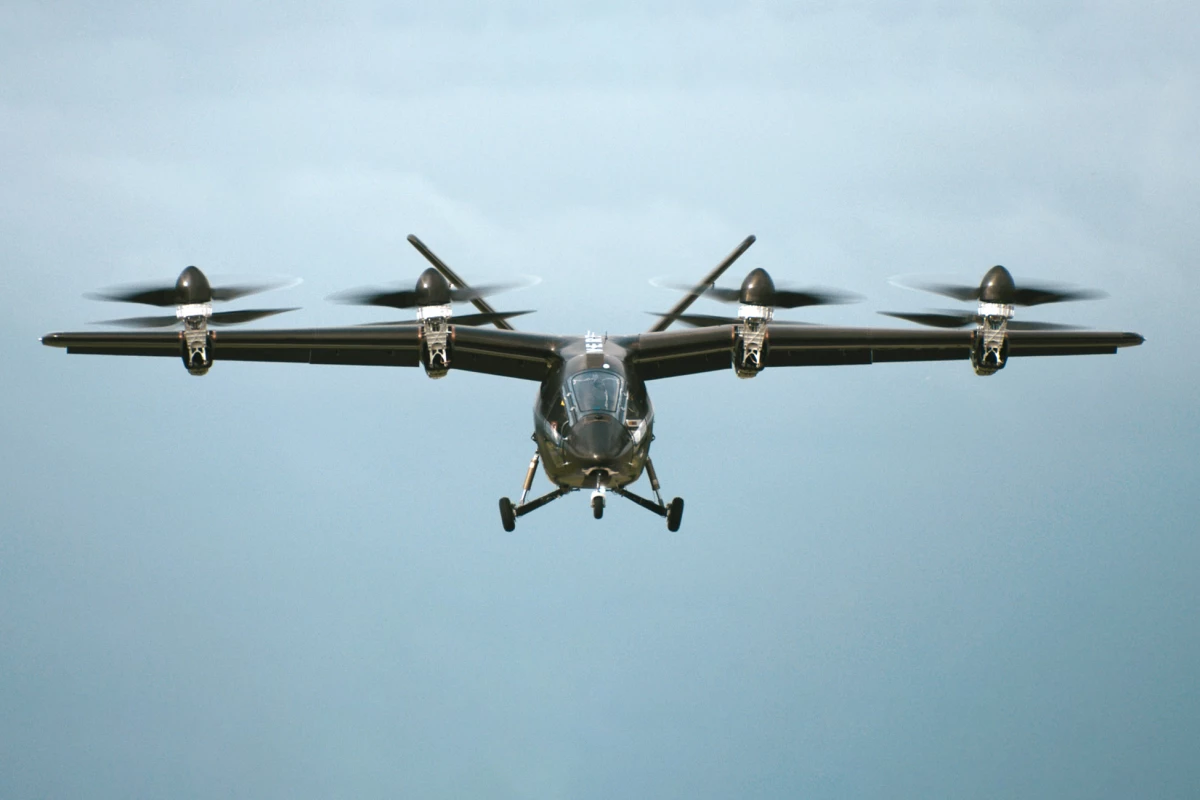UK-based Vertical Aerospace has started flight-testing its full-size electric air taxi, but is now targeting a 2026 debut. The tilt-rotor VX4 eVTOL seats up to five, and promises more than 100 miles (160 km) of range, at speeds up to 200 mph (322 km/h).
Currently sitting at #12 on the Advanced Air Mobility Reality Index, Vertical Aerospace is one of the few top contenders in the eVTOL race not headquartered in the USA or China. Of course, before it can start delivering on the 1,400-odd conditional pre-orders it's accepted from various air service operators, VA needs to get the thing certified.

Certification is looking a little simpler since the company's March announcement that the UK Civil Aviation Authority, and the Japanese Civil Aviation Bureau, have both agreed to certify the VX4 once it satisfies the European Union regulator's type certification requirements. So now Vertical Aerospace can concentrate its efforts on working with EASA and the US FAA to open up plenty of markets.
The prototype just flown is the same one we saw doing tethered, manned hover exercises last year. It's unclear why it's taken so long to get the thing flying without the ropes on, but the test pilot is back out of the picture. You can see the flight in the short video below.
Lift off! Our full-scale electric aircraft has successfully flown at Cotswold Airport, hitting 40kts in remotely-piloted thrustborne test flights. Electric flight is within reach. 👉 #VerticalAerospace #VX4 pic.twitter.com/kxLmpGgR8a
— Vertical Aerospace (@VerticalAero) July 19, 2023
Taking off from Cotswold Airport, a few hours west of London, the VX4 stayed locked in vertical hover mode, never exceeding 46 mph (74 km/h) in its brief, remotely piloted flight. It'll likely be some time before VA attempts the transition to winged flight, in which the front four propellers are designed to tilt 90 degrees forward, and the rear four lock into a low-drag position.
The company has revised its certification timeline, and is now looking at 2026 for its entry into service. Given the aggressive timelines put forth in the early fundraising days of the eVTOL market and the complexities of aerospace certification and manufacturing, we'd quietly expect to start seeing similar timeframe pushbacks from most, if not all of the major players in this emerging market.
Getting these radically different, aerodynamically complex and fully electric aircraft through the rigors of certification is no walk in the park, but they promise transformative change once they unlock three-dimensional commuting at scale. We wish VA and the other eVTOL contenders the best of luck in the coming months and years.
Source: Vertical Aerospace







